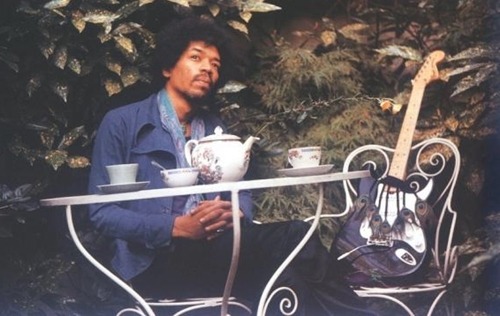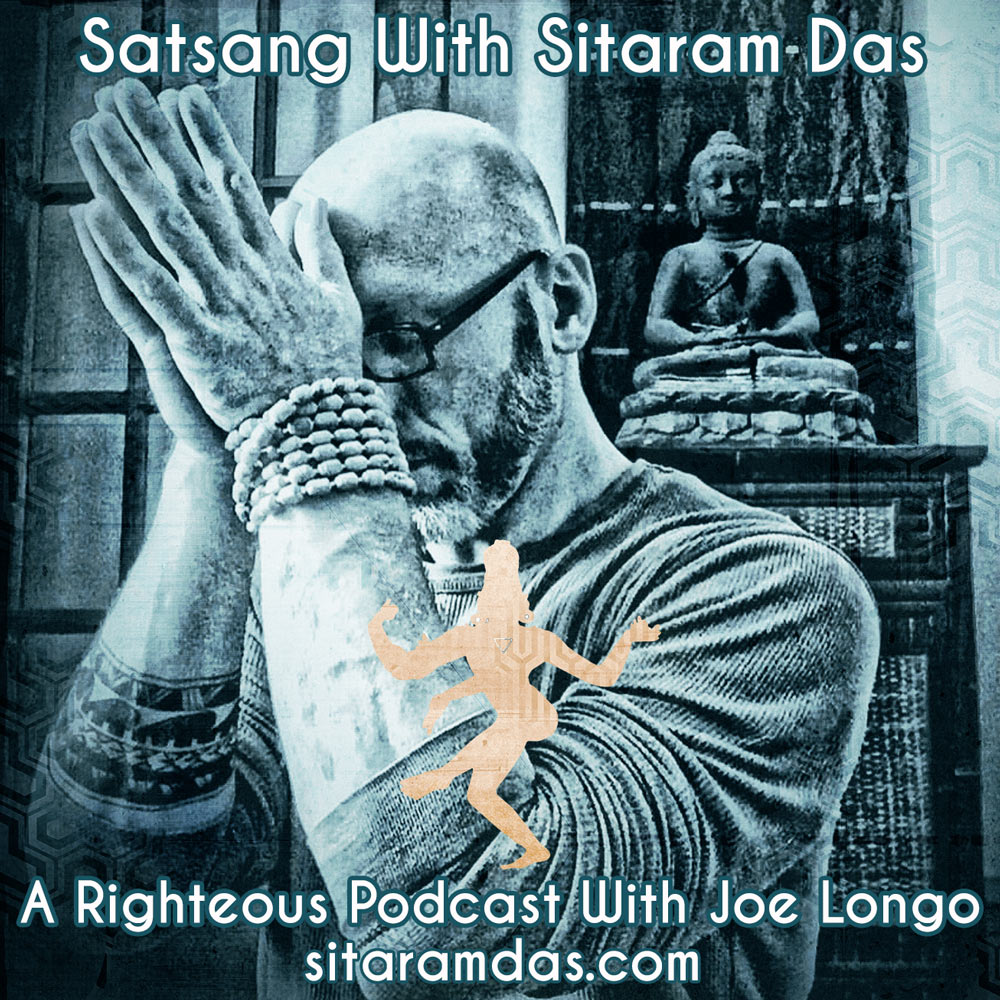“The purpose of meditation is to clear the mind of all thoughts, right?” – All the students
I’ve been teaching meditation in my little corner of the world for quite some time now, and I’ve got some pretty sharp students. At this point, they have some pretty healthy ideas about meditation. So it definitely surprises me that this old idea keeps popping up. People still, to this day, complain that they can’t make their thoughts stop.
Like you’d really even want to. If it happened to you for real, it would be like one of those old bad Jim Carrey movies where his wish came true, and it turned out to be a curse. How would you function?
Shamatha practice, sometimes called calm abiding meditation, is a popular meditation technique, easy to learn, and yet sometimes easy to misunderstand. It’s simple. The practitioner focuses on a single object, most often the breath. They watch the breath go in and out, and when a thought pops up, it’s noticed, labeled (often ‘thinking’) and let go of. The attention then goes back to the breath. Sometimes, when this is practiced over a long period of time, there are extended spaces without thought, but sometimes there are not. But just because the practice is the noticing and discarding of thoughts, doesn’t mean that the purpose is the final destruction of all thoughts, or even the ability to be without thoughts at will.
The purpose is clarity. The purpose is focus, attention, and perspective. Just because you train a puppy to sit – sit….siiit…sit…sitsitsit….good boy….sit – doesn’t mean you want a dog that only sits. You want a dog that listens, is faithful and well behaved. We want a mind that knows not to chase squirrels through traffic, and doesn’t roll in the muck. When bring the attention back to the breath, we are telling ourselves that being peaceful is more important than following a resentful story, ruminating on our misspent youth, or worrying about a future that might never come.
We practice with watching and training our minds on the cushion, so that this understanding and value system will begin to permeate the rest of our life, as well. We have the clarity and perspective to make better decisions. We are less likely to getting sucked into an unhealthy situation. We are less likely to miss out on an opportunity because of fear. We have an increasingly better chance of responding from our center, and being the person that we want to be, the person we know we are. As near as I can tell, this is the purpose of meditation, not to be a mindless zombie, but to be who we are.
—-
side note – if you’re unfamiliar with this practice, and you want to learn it, please find a qualified teacher. Of course, I’m also available.


